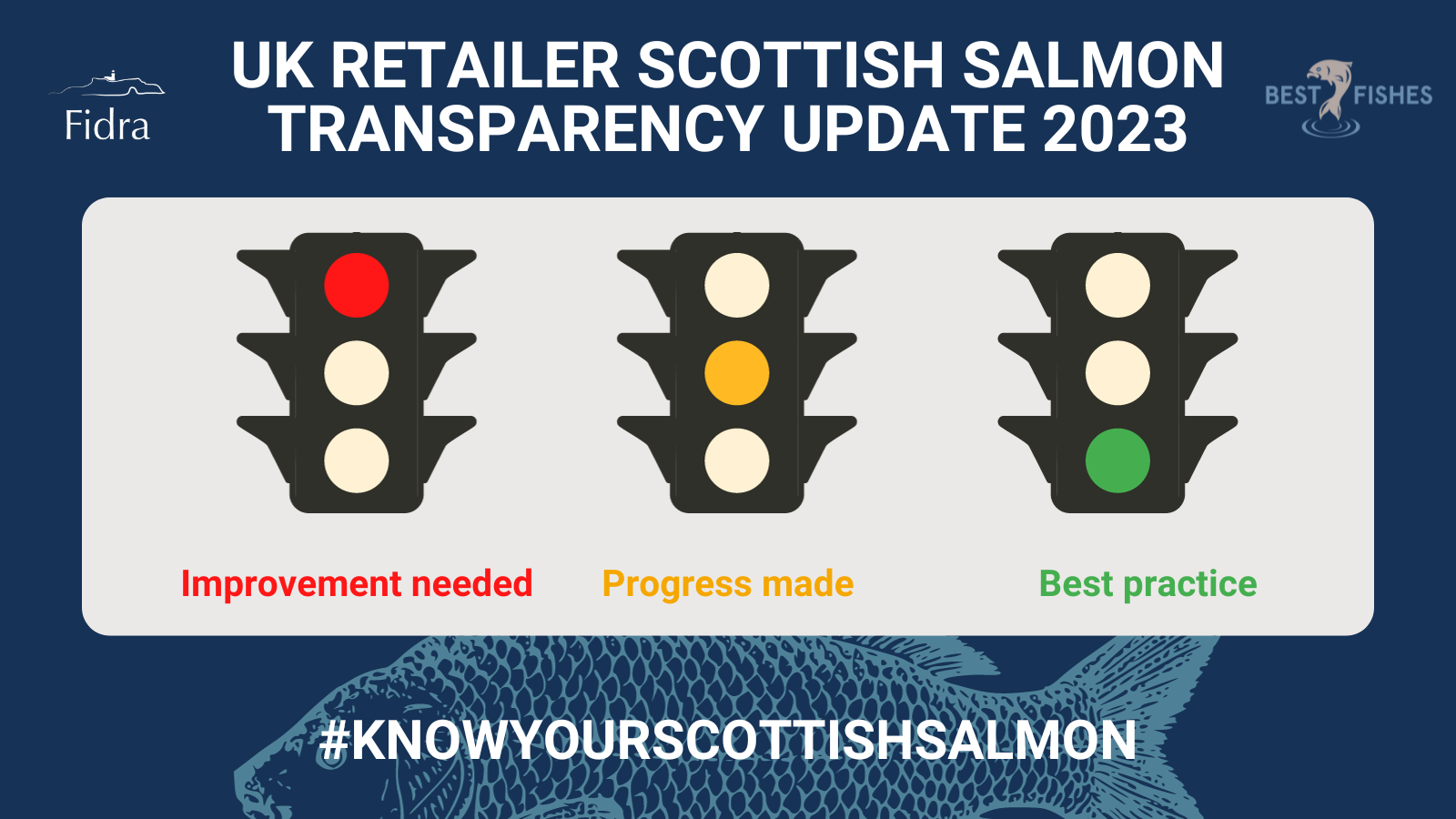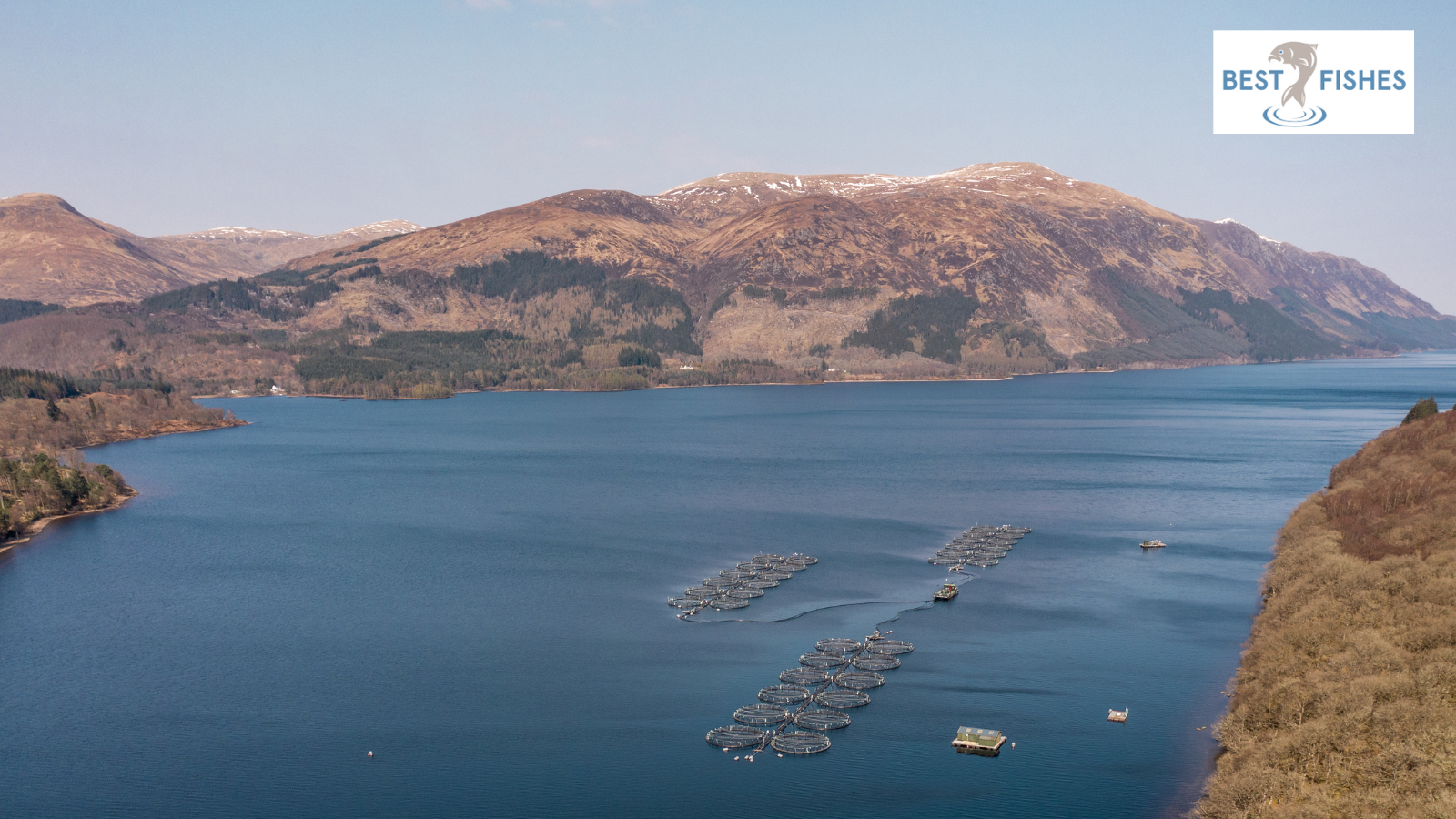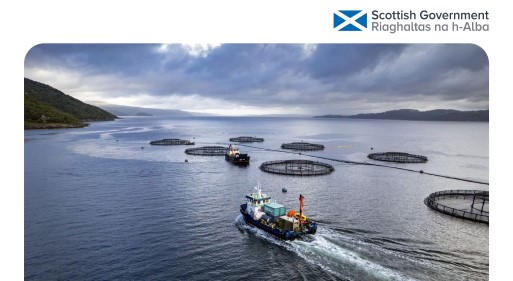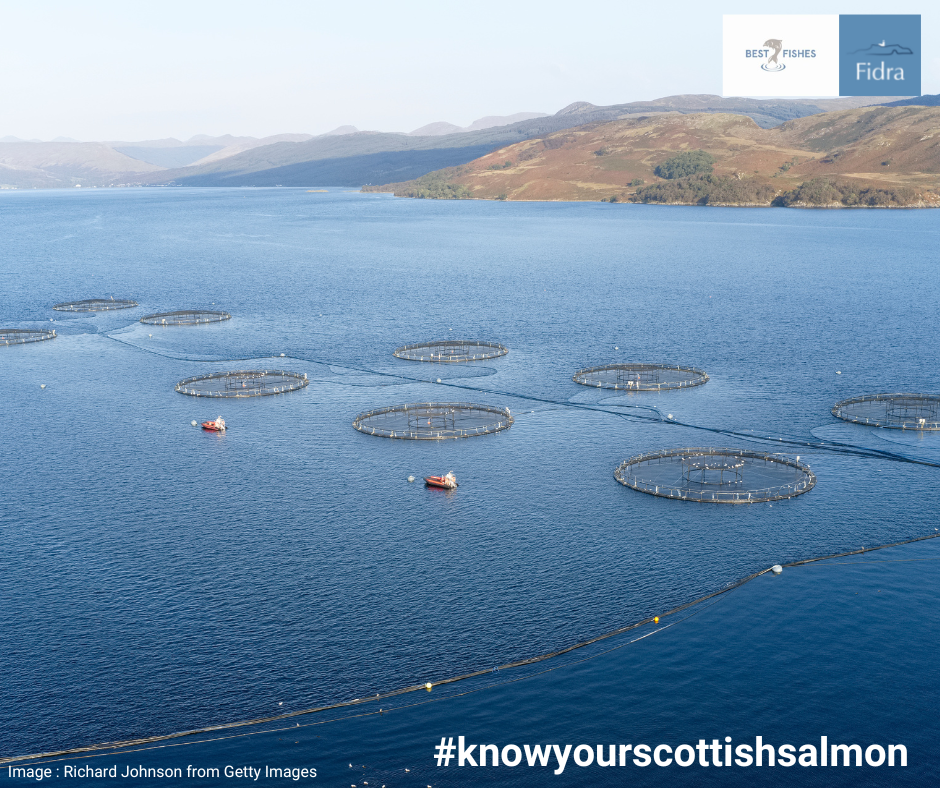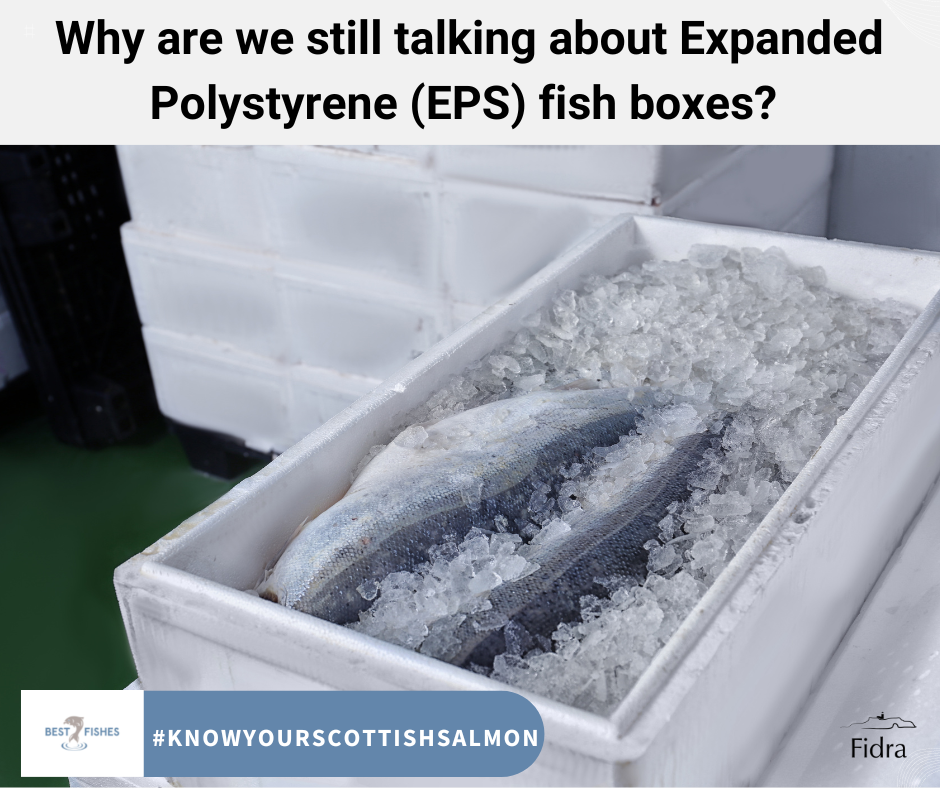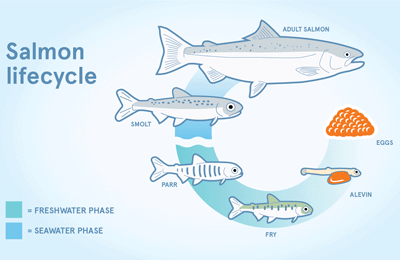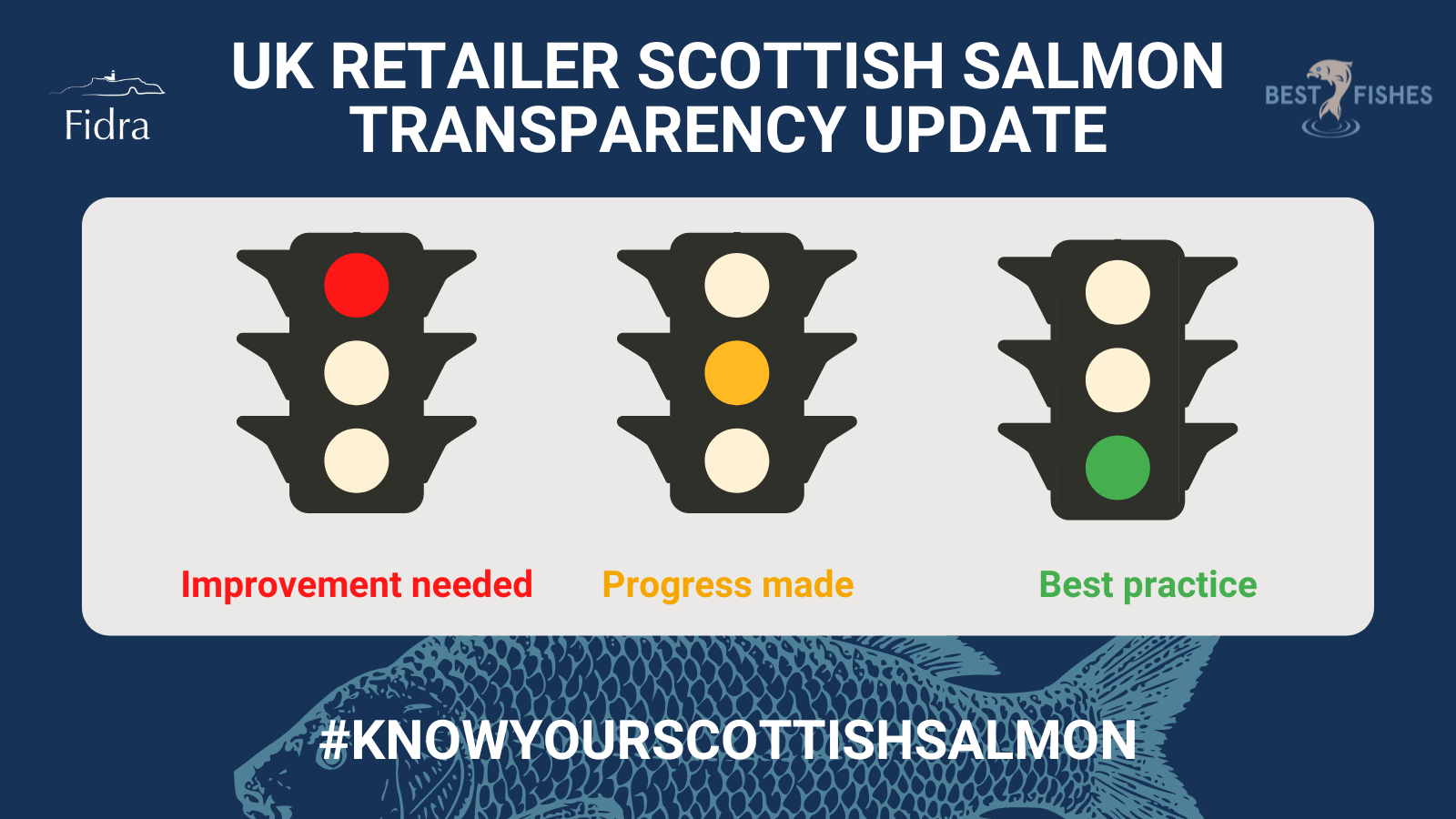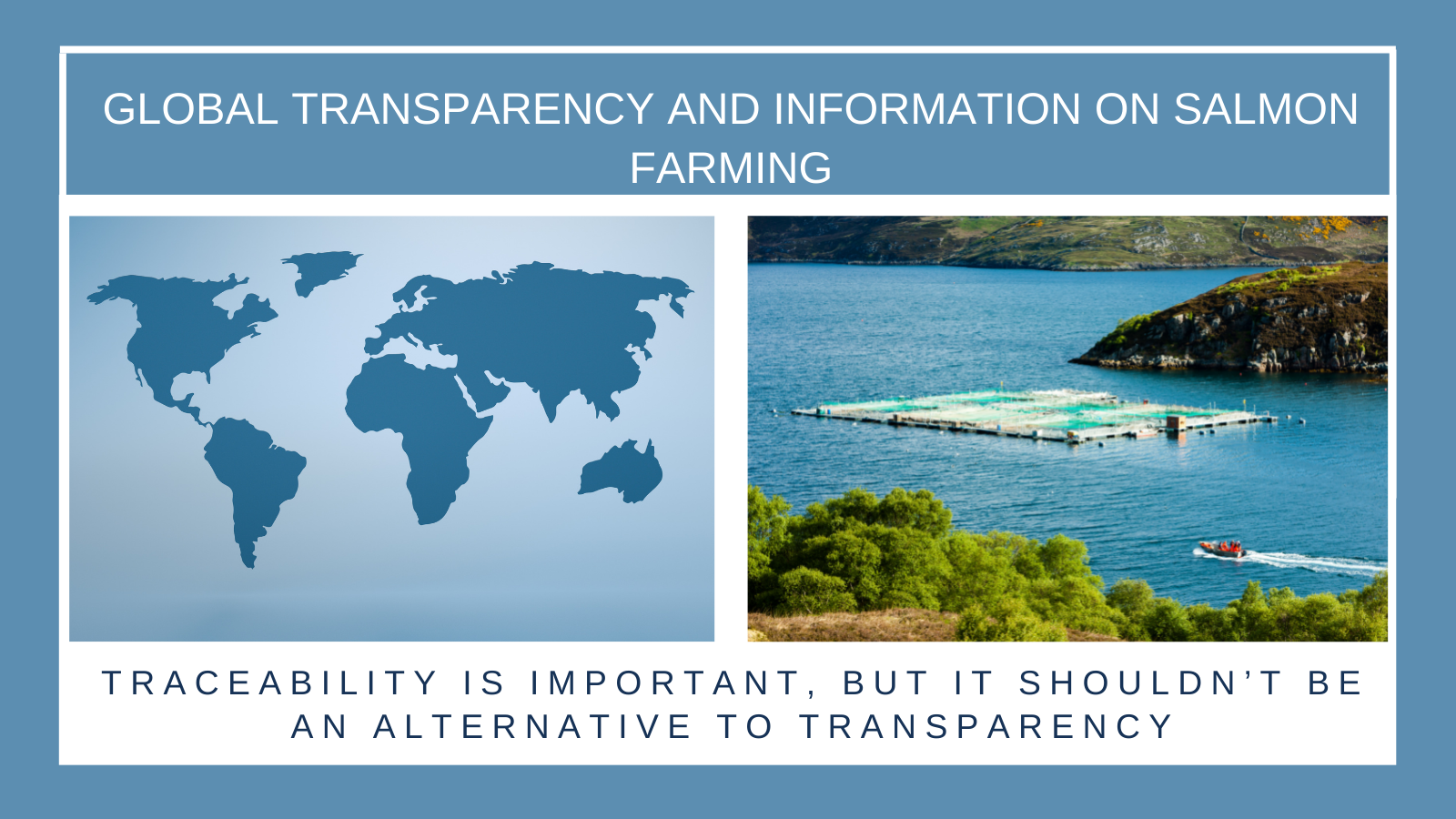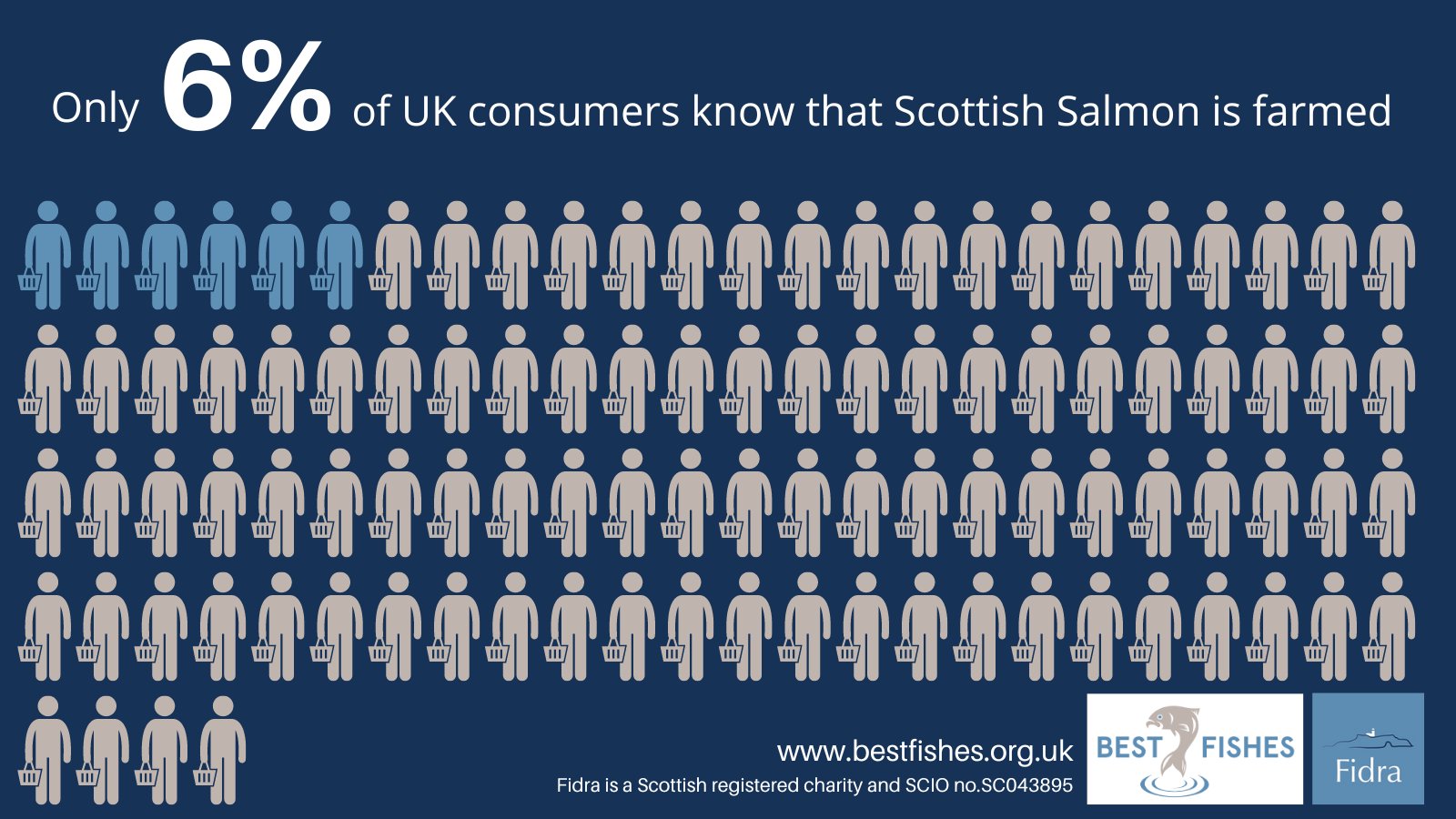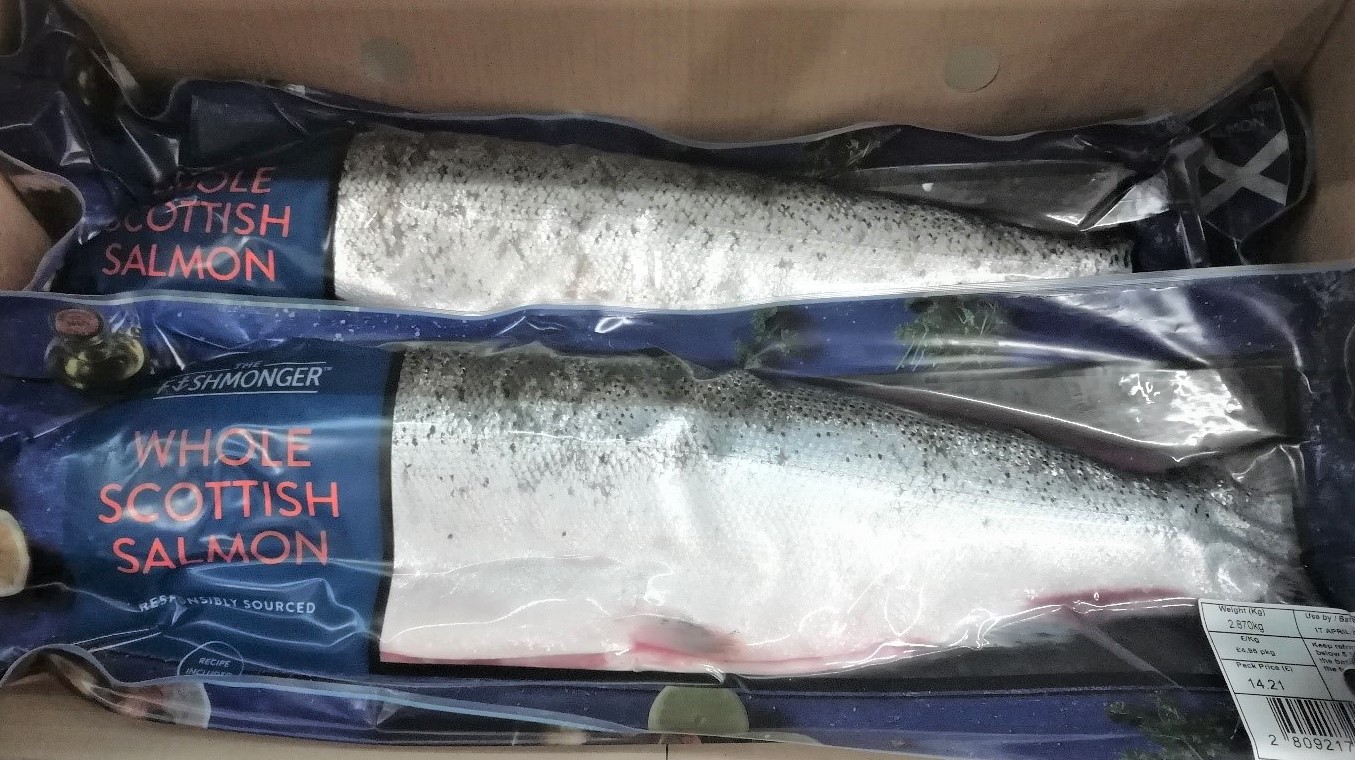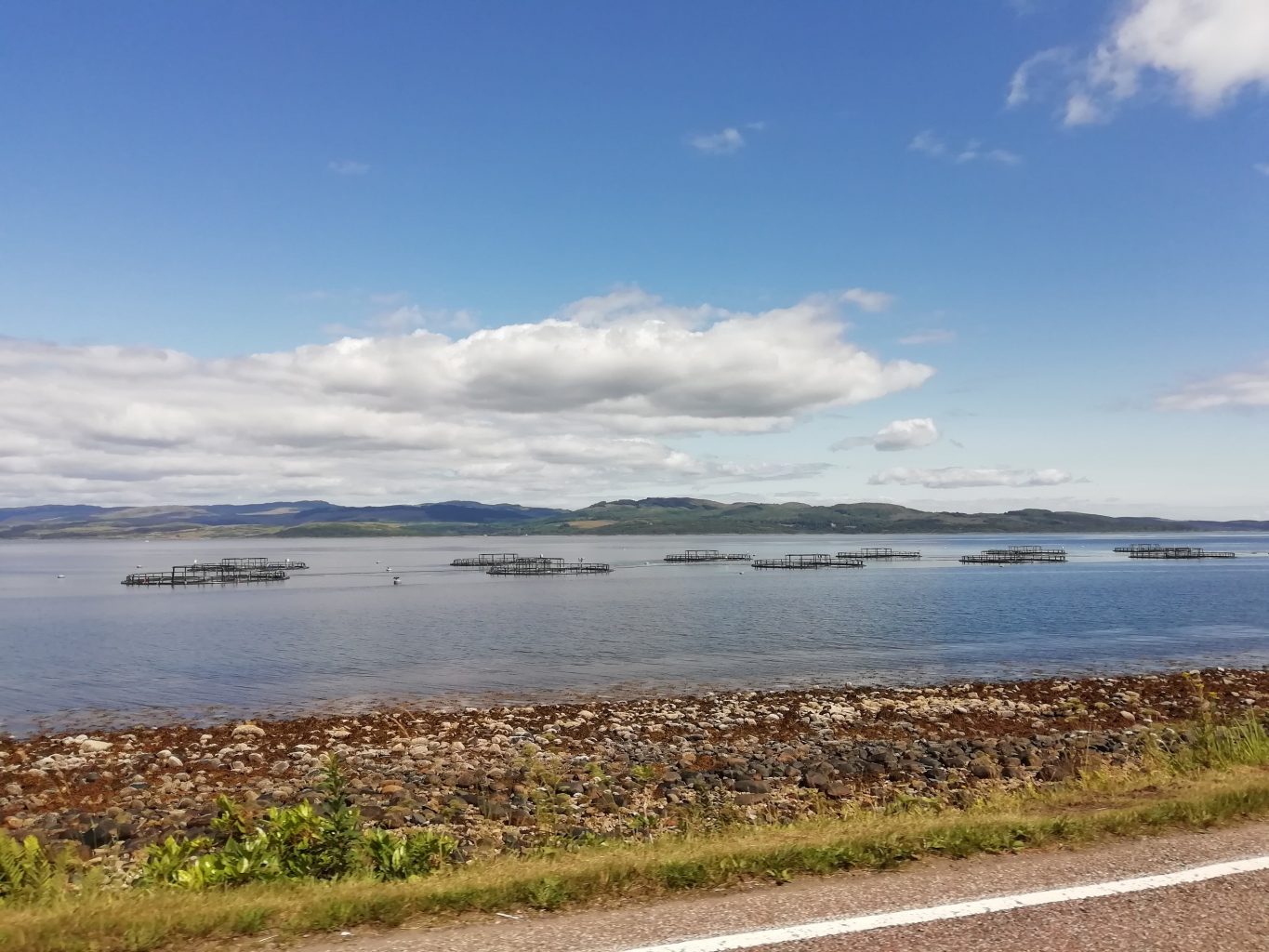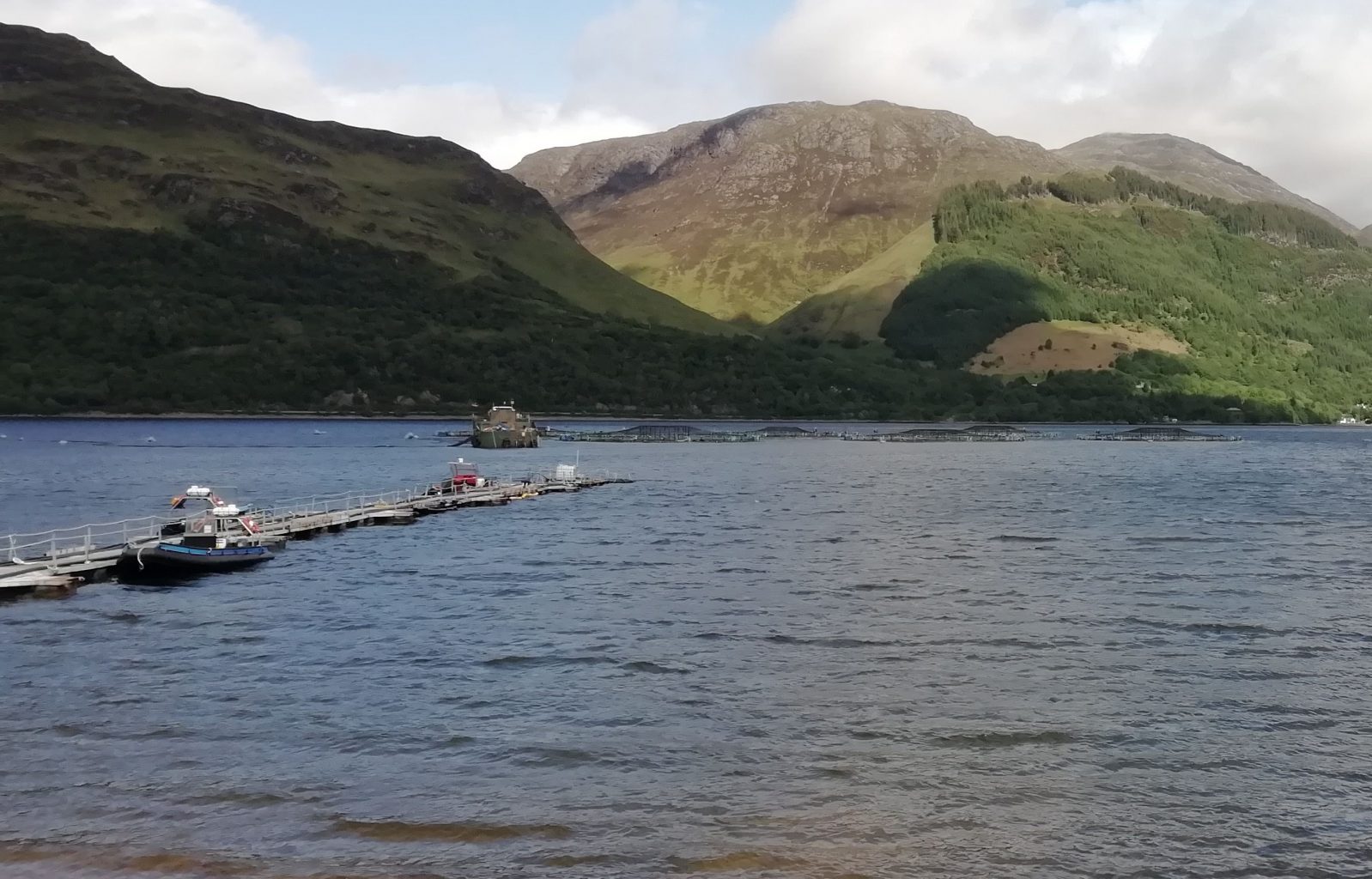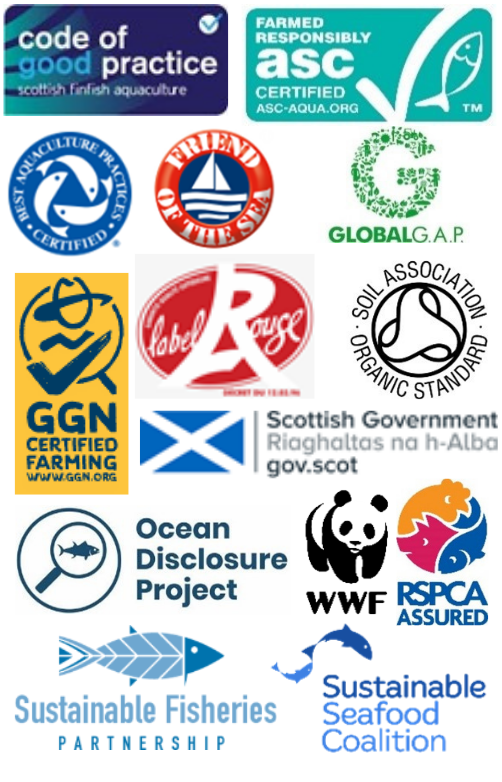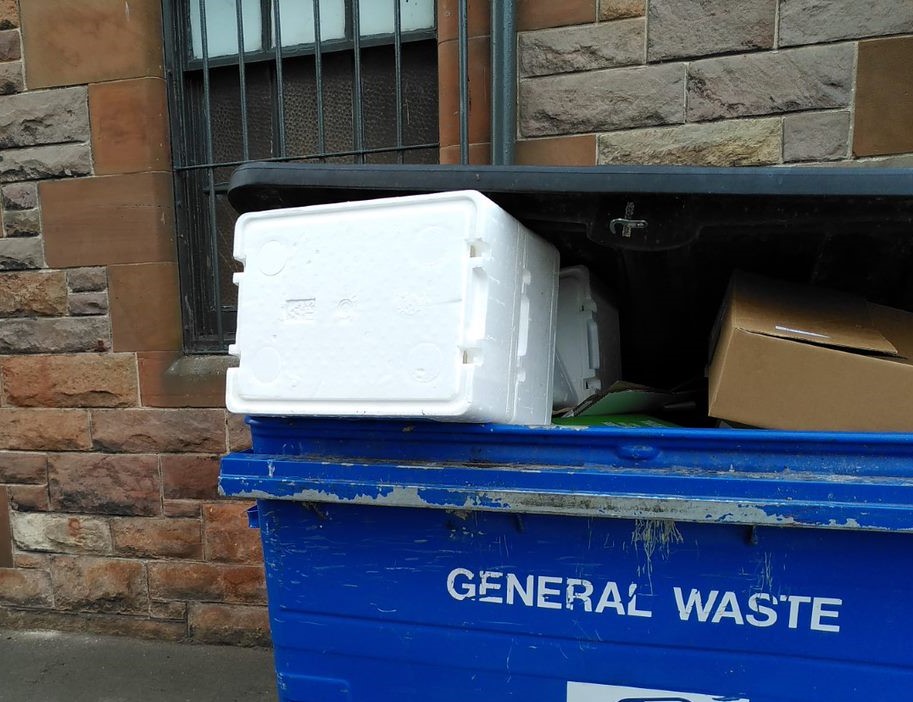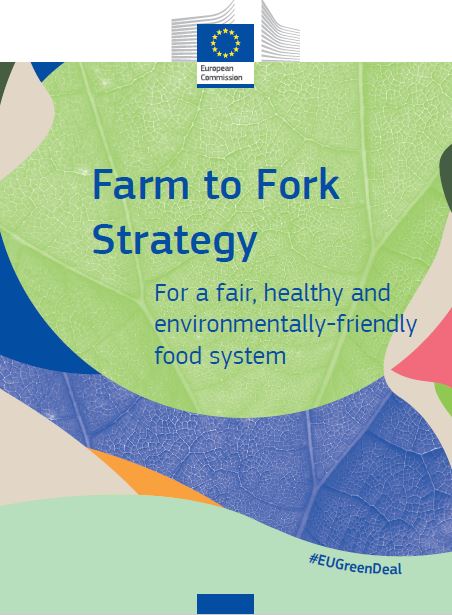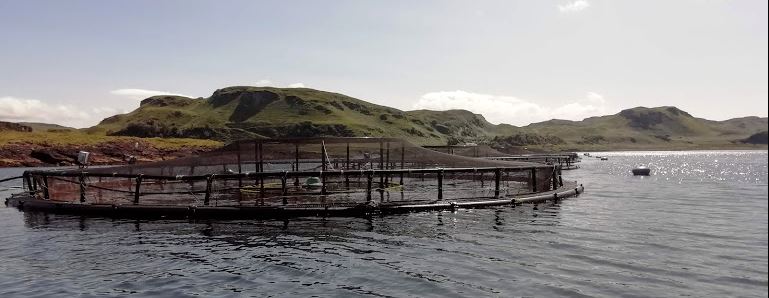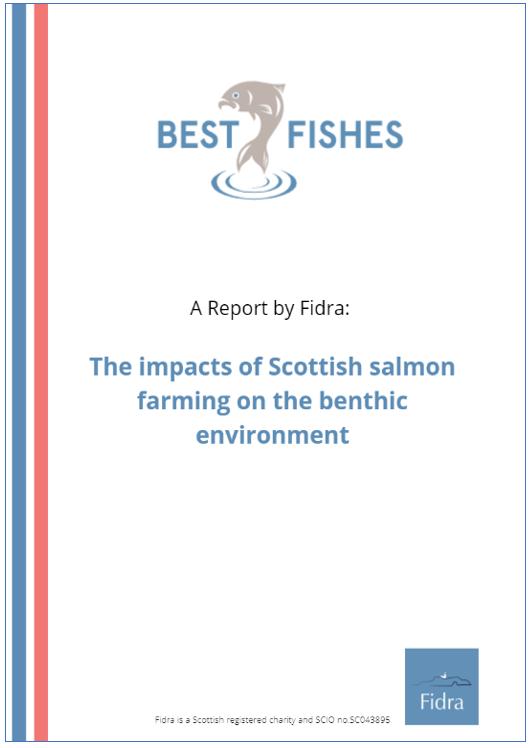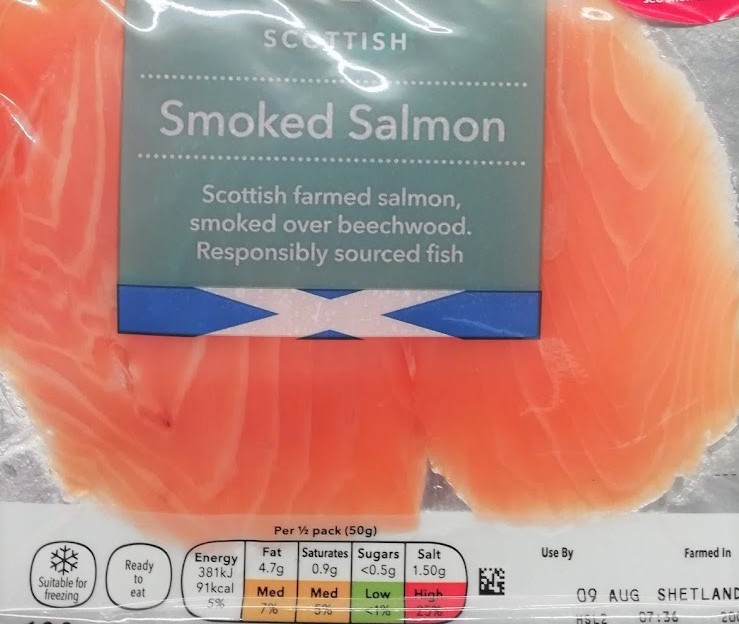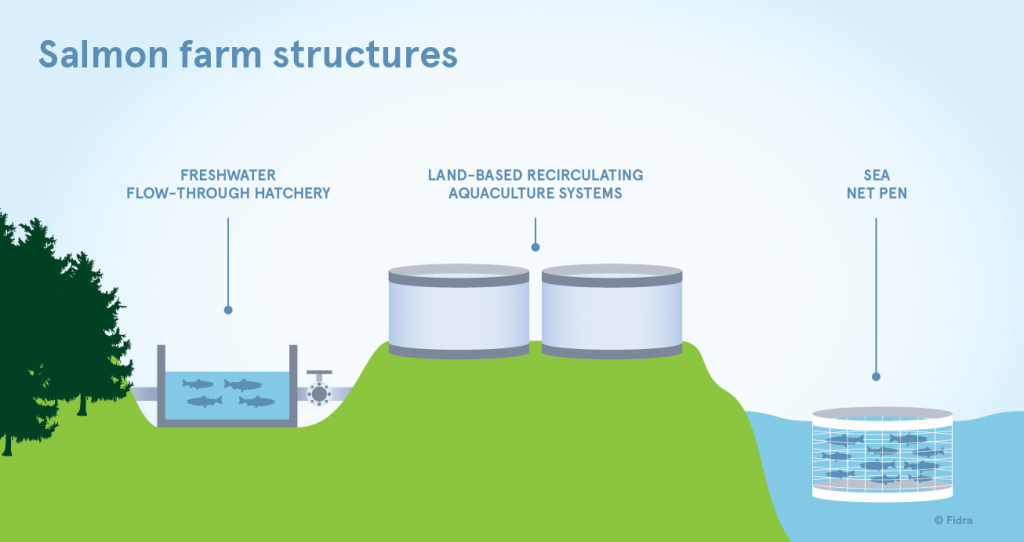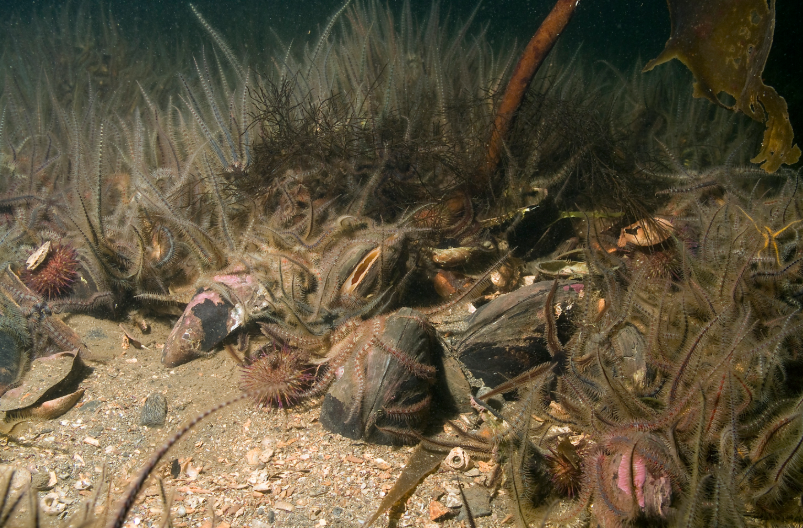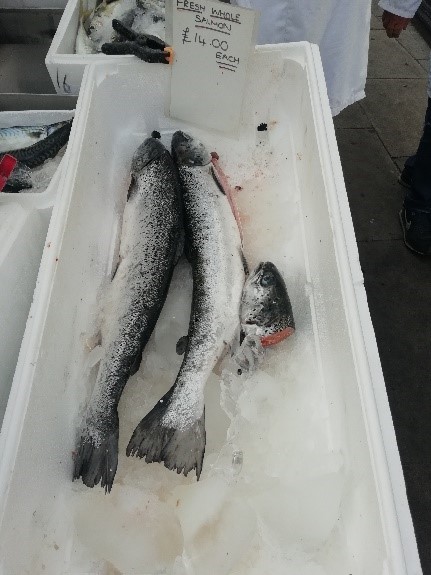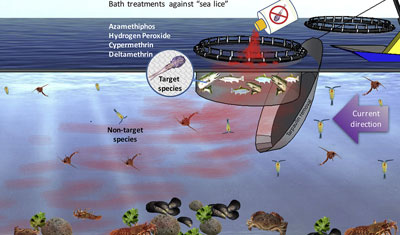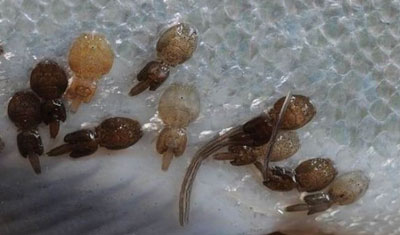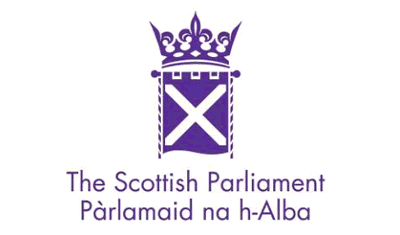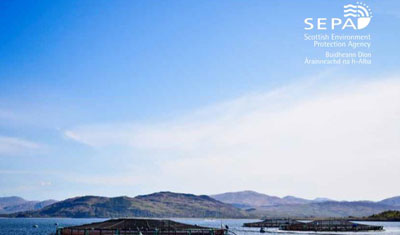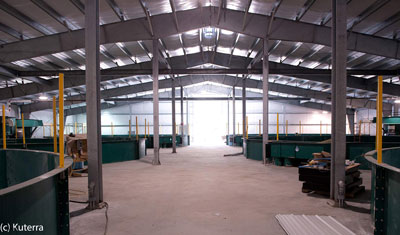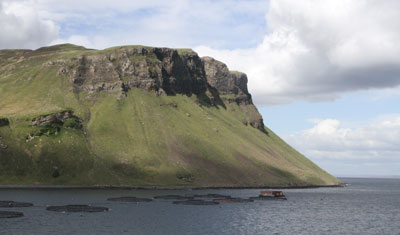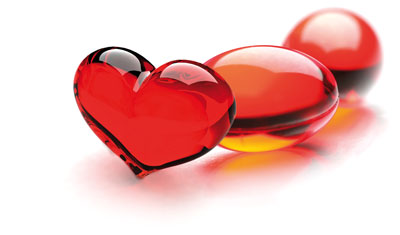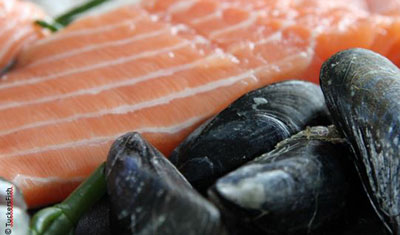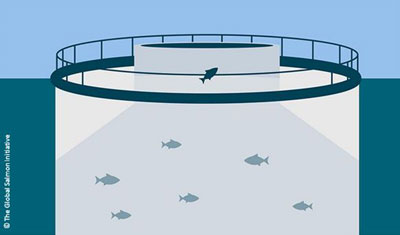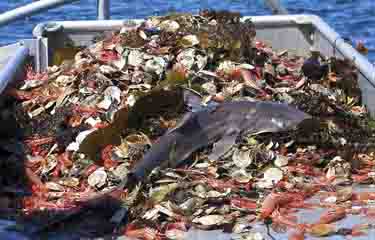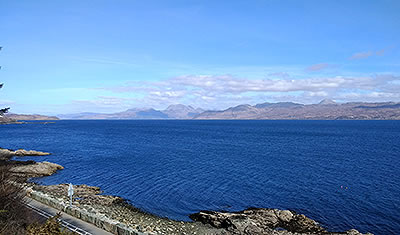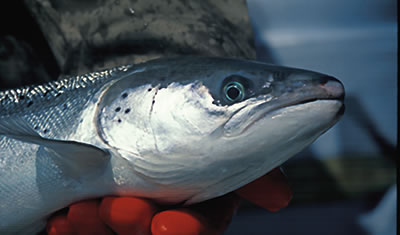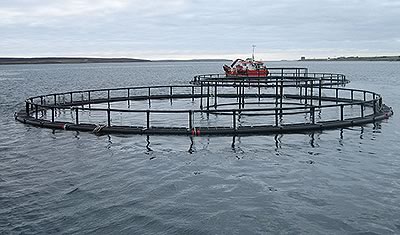Blogs
Retailer Transparency and Traceability Review and Update 2020-2023
When Fidra began our Best Fishes project, we wanted to determine how consumers could find out more information about their salmon and if it was produced in an environmentally sustainable way. However we quickly found that this information was difficult to find, with little information available on the supply chain journey of Scottish salmon….
SEPA – Sea Lice Framework Consultation now open
SEPA sea lice framework consultation is now open, find out how your can respond to the consultation and why we need a sea lice framework.
Scottish Government publishes Vision for Sustainable Aquaculture
The Scottish Government has published its plans for the aquaculture industry in Scotland leading to 2045.
Chemicals in salmon farming – an update on SLICE® (emamectin benzoate)
A long-awaited review of the insecticide emamectin benzoate (EMB), better known as SLICE®, was published in 2022. The in-feed treatment used to treat parasitic sea lice in Scottish salmon farming, it is the only application for which it is used in the UK. This is despite being intended for use in agricultural settings on a variety of crops and to treat some tree diseases.
Why are we still talking about Expanded Polystyrene (EPS) fish boxes
The evidence of the environmental impacts of EPS fish boxes being incorrectly disposed of is mounting consumers are more aware of the plastic waste issue. Whilst, retailers recognise the plastic free movement isn’t going away anytime soon. The salmon farming industry was dependent on the use of EPS fish boxes due to their ease and ignored the negative impacts these boxes have on the planet – but have the tides turned quickly enough?
From Farm to Fork, what’s the journey of our salmon?
Ever wondered about the journey your salmon goes on before it ends up on your plate? Read our blog to find out the lifecycle of a salmon in a Scottish salmon farm.
A look back at the international year of artisanal fisheries and aquaculture 2022
Take a look back at the last 12 months across Scottish Aquaculture from a Fidra perspective.
2022 Retailer transparency update
To support consumers and to ensure the industry is accountable across the supply chain, retailers must be proactive in improving traceability, transparency and reducing the environmental impacts of Scottish salmon farming.
Atlantic Salmon Farming: A Global Perspective on Transparency
Without full transparency how can we ensure best practice across an industry which can have significant impacts on the environment?
What is the issue with the lack of transparency in the Scottish farmed salmon industry?
Transparency should be for the many, not the elite. Fidra’s key takeaway from the Seafood Matters UK conference.
Survey reveals only 6% of consumers know that Scottish salmon is farmed
Fidra’s survey of UK consumers reveals consumers are lacking knowledge on the environmental impacts of Scottish salmon farming. Download and read our new consumer survey report.
Scottish Government accepts latest review of aquaculture
Following the recent review of aquaculture regulation, what’s next for Scottish salmon farming?
Have your say on how planning permission is given in Scotland for aquaculture sites and more.
Fidra’s position on the present planning process for aquaculture sites, and how it should be improved.
What difference does a label make?
Read our understanding of and position on the certification of Scottish salmon farming.
Can embracing alternatives and the reuse revolution put paid to polystyrene fish boxes?
We take a look at the increasing options to replace polystyrene in seafood packaging.
Calling foul on formaldehyde use in Scottish fish farms – it’s time for greater clarity and stronger controls on chemical use.
Formaldehyde continues to be used as a chemical treatment for fungal diseases in Scottish aquaculture, despite concerns.
What’s on your menu for Easter Sunday (and where did it come from)?
Fidra’s new Retailer Transparency Table shows how much (or how little) you as a consumer can find out about the farmed salmon on your plate.
A taste of aquaculture’s role in the EU Farm to Fork Strategy
To ensure sustainable food production, food producers including those in aquaculture need to transform their production methods.
SOFIA so good? The FAO’s State of the World Fisheries 2020 report looks at aquaculture and wild capture fisheries.
FAO report is titled Sustainability in Action but what does that mean?
Two years on from 2 Scottish Parliament inquiries, it’s time to increase transparency and compliance
Fidra is concerned that many recommendations have had little or no action.
Fidra report dives into the burden on the benthos
Fidra publishes its report looking into the benthic impacts of Scottish salmon farming.
Fidra survey reveals: UK consumers will pay more for ‘sustainably produced’ Scottish salmon & feel ill-informed
Presenting the results of Fidra’s consumer survey that looks at factors which influence UK consumers in choosing Scottish salmon products.
Is the future of Scottish salmon farming on land?
Concerns about the impact of salmon farms on our lochs and seas are increasing, especially with regulations relaxed due to Covid-19. Alongside this is ambition from the Scottish Government and salmon producers to grow the industry. Is closed containment the answer to sustainable growth, with salmon pens built inside specialist facilities?
Why bother about benthic surveys?
Benthic surveys are a good way to understand the impact that fish farms have, and are having, on loch or seabeds, and associated habitats and species. So, what are benthic surveys and why are we bothered?
Information, investment and influence in Scottish salmon farming
Without information on environmental impacts, could investors be getting out of their depth with Scottish salmon farming or are investors the key to sustainable salmon?
Make ditching polystyrene fish boxes a New Year resolution for 2020, the Year of Coasts and Waters
With the issues of polystyrene in the environment well known, it’s time to look at alternatives for fish boxes.
Acoustic Deterrent Devices: An environmentally sound option?
Acoustic deterrent devices (ADDs) are intended to keep marine species, such as cetaceans and pinnipeds, away from marine structures such as salmon farms. But what impact are these deterrents really having on our marine species?
Chemicals in salmon farming Part II: Is it time to pull the plug on bath treatments?
Bath treatments are widely used to treat sea lice on Scottish salmon farms, but are we getting into hotwater with them?
Chemicals in salmon farming Part I: Does SLICE® (emamectin benzoate) still make the cut?
SLICE®, a treatment for parasitic sea lice on salmon, is widely used by Scottish salmon farms in open net pens, despite documented impacts on neighbouring marine wildlife. If a farm has persistent problems with lice and is reliant on harmful treatments to manage infestations, it should be questioned whether that farm is viable and sustainable into the future.
A leap into the unknown: How climate change will impact Scottish salmon farming
With around 1.5 million children striking from school on Friday 15th March 2019, conversations about climate change have been brought firmly into the home and around the dinner table. But how does climate change affect what is on our dinner tables in Scotland? We explore how climate change will impact Scotland salmon farming.
MSPs call for ‘urgent and meaningful action to address regulatory deficiencies’ in Scottish salmon farming.
It’s apparent that a period of sea change in Scottish salmon farming is approaching, with several Scottish Government working groups examining it in close detail and a recent debate in the Scottish Parliament.
Fidra responds to SEPA Finfish Aquaculture Sector Plan
SEPA released their draft Finfish Aquaculture Sector Plan for consultation at the end of 2018. Our response insisted that SEPA, as the regulating body, make a greater commitment to transparency throughout the industry with an emphasis on publicly reporting the use of chemicals, detailing the enforcement actions and repercussions and cumulative impacts on specific locations.
Closed Containment – a silver bullet for both opponents and supporters of salmon farming?
Current methods of Scottish salmon farming traditionally use an open net method, yet companies are now looking into closed containment, or land-based, farming to limit environmental impacts.
Scottish Parliament’s Resource Efficiency and Connectivity Committee report published
he Scottish Parliament’s REC Committee report on salmon farming in Scotland is out at last! No moratorium on expansion, but some good recommendations.
Getting to know your Scottish salmon: how will sustainability dashboards help?
When buying Scottish farmed salmon fillets for your dinner, do you know where the fish has come from? The quality of the farm? Which chemicals the fish have consumed, how much and why?
Is it time to run with sustainability dashboards?
The seven workstreams for Marine Scotland Science’s 10 Year Farm Fish Health Framework are underway, and it will be interesting to see how the first one on Information Flow and Transparency is approached. A sustainability dashboard would provide data on Scottish salmon farming companies and individual farms and could be part of the answer.
Krilling off omega-3s?
Scientists noted many years ago that Inuit peoples of the Far North appeared to have lower rates of heart disease; whilst there’s some dispute around early evidence for this, initial findings were attributed to a marine based diet and resulted in much research and interest in supplementation with omega-3s or high fish diets.
Is Scottish farmed Atlantic salmon good enough to eat?
The Best Fishes project is frequently asked ‘can I eat farmed salmon?’ and ‘which salmon can I eat?’ The answer, however, is also a question as it depends on what it important to the consumer. If they are mostly concerned with the health benefits of eating fish, then the answer seems to be yes….
What future sea lice? Part II: New and emerging treatment methods
Find out about more innovative sea lice treatment methods.
What future sea lice? Part I: Cleaner fish.
A summary of the Marine Conservation Society’s Briefing Document on Cleaner Fish.
As aquaculture expands the minimisation of waste will become increasingly important.
A recent article claimed that around 18.1 metric tons (MT) of seafood is wasted every 10 seconds.
Scottish Parliament’s REC Committee inquiry draws to a close
The Scottish Parliament’s Rural Economy and Connectivity (REC) Committee’s inquiry into Salmon Farming in Scotland received over 150 written submissions
Scottish Parliament’s ECCLR Committee report is published
The report from the Scottish Parliament’s Environment, Climate Change and Land Reform (ECCLR) Committee indicates that substantial changes to salmon farming are needed
Scottish Parliamentary Inquiries
Parliamentary inquiries from two Scottish Government committees: the ECCLR Committee & the REC Committee
Regulation enforcement around the world
How are different nations dealing with some of the challenges through legislative control?
Research and innovation
Research and innovation in escapes, disease and parasitic sea lice.


